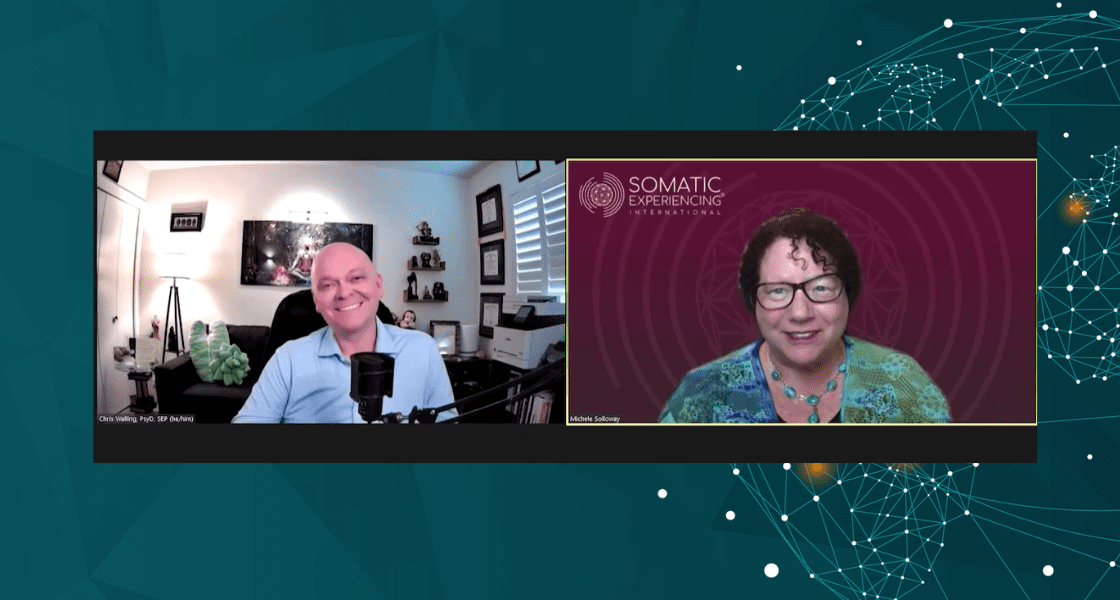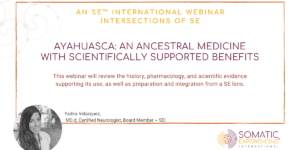Advances in Traumatic Stress Treatment – Chris Walling

Description
The field of somatic psychology, also referred to as body psychotherapy, is a rich multi-method tradition of psychotherapies that incorporate the body as an additional aim of therapeutic intervention and a thematic focus of fostering a direct experience of a bodily based self within the clinical relationship. Sensorimotor and somatic trauma psychotherapies achieve this focus by addressing nonverbal, implicit elements including somatic phenomena, and accessing the subcortical (noncognitive) levels of experiential processing that are thought to support the patient’s ability to resolve painful implicit memories that may in turn lead to alleviating their symptoms of autonomic dysregulation. These “embodied” approaches are informed by the findings of leading traumatological research that explains the relationship between the autonomic nervous system (ANS) and social behavior. These polyvagal theory (PVT)-informed methods work to leverage the sensory and motor components of the ANS through the mechanism of the brainstem’s regulation of physiological state. This session will describe the history and development of sensorimotor and somatic psychotherapies; describe the neuroscientific principles that explain why these modalities are effective; explore the unique visceral (interoception) and musculoskeletal (proprioception and kinesthesis) focused principles of Somatic Experiencing (SE) developed by Dr. Peter Levine; and examine the effectiveness of SE relative to cognitive psychotherapeutic modalities.
$17.99





